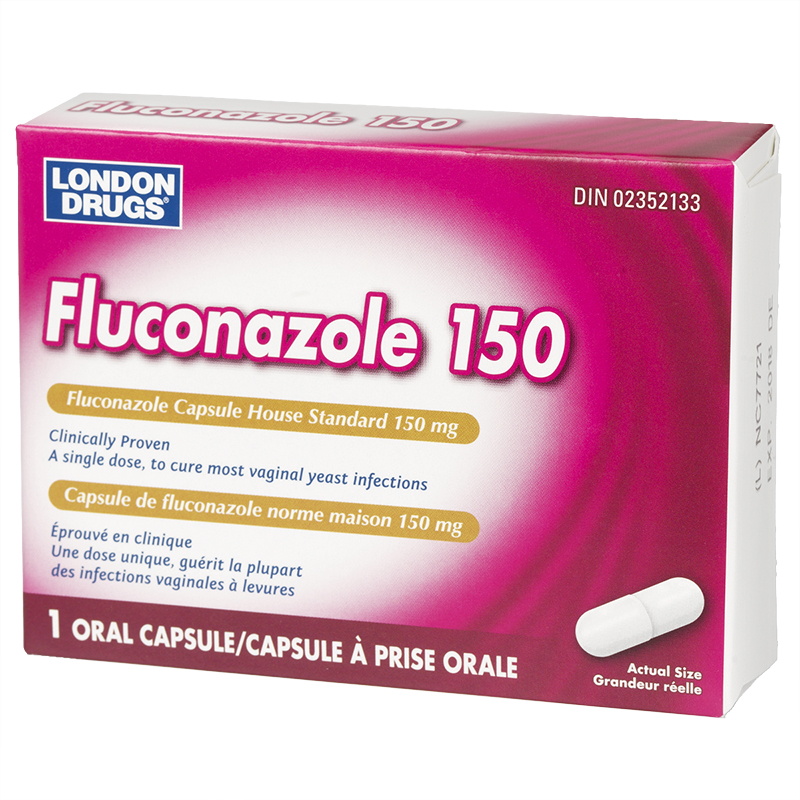Study Shows That Treating Fungal Meningitis With Fluconazole Is Actually Increasing Drug Resistance
Source : Thailand Medical News Dec 07, 2019 5 years, 4 months, 2 weeks, 5 days, 3 hours, 55 minutes ago
A new research by University of Liverpool warns that common first-line treatment approach of using
fluconazole for
cryptococcal meningitis in low-income countries is being compromised by the emergence of drug resistance.

The study findings highlight the need to develop new drugs and treatment regimens for the lethal brain infection, which kills around 180,000 people each year. The results fi the study was published in the journal
mBio,
The
fungal infection,
cryptococcal meningitis is a leading cause of death among adults with HIV/AIDS in sub-Saharan Africa. In many parts of the world, the antifungal drug
fluconazole is the only agent that is available for the initial treatment of the infection, despite considerable evidence that long-term outcomes are poor.
Although drug resistance is thought to play a role in these poor outcomes, solid data is currently lacking and a better understanding of the relationship between
fluconazole exposure and the emergence of resistance has been needed.
In a recent study involving a novel hollow fibre model and mice, the relationship between drug exposure and both antifungal killing and the emergence of resistance to
fluconazole was quantified. These results were then bridged to patients in a clinical study where patients with
cryptococcal meningitis in Tanzania receiving fluconazole were studied.
The study findings showed that
fluconazole resistance is caused by duplication of the fungus' chromosomes and occurs while patients are on therapy. Simulations from mathematical models fitted to the patients' data suggested that only 12.8 percent of patients receiving
fluconazole at the recommended 1,200 mg/day were completely free of the
fungus after two weeks. Furthermore, 83.4 percent had a persistent subpopulation that was resistant to
fluconazole. Preventing this would require significant dosage escalation of
fluconazole beyond what is currently recommended.
"This study is unique in that it combines information from experimental models of
cryptococcal meningitis with data from patients receiving
fluconazole as monotherapy, which remains the norm in much of Africa, despite not being consistent with current treatment recommendations from the WHO. We've shown that the emergence of resistance is related to drug exposure and occurs with the use of clinically-relevant monotherapy regimens. Hence the only drug available to many patients in Africa is compromised by the ability of the fungus to develop resistance while the patient is taking
fluconazole. Our findings underscore the urgent need for the development of new agents and combinations to reduce the global toll of
cryptococcal meningitis." commented Dr William Hope, Professor of Therapeutics and Infectious Diseases at the University of Liverpool, during a phone interview with
ot;>Thailand Medical News.
Currently, antimicrobial resistance is a growing threat and there has been a global push to address to develop new drugs. Led by Professor Hope, the University of Liverpool's Centre for Antimicrobial Pharmacodynamics provides state-of-the-art research facilities for PK/PD studies and offers preclinical and early phase clinical support to ensure new drugs are developed in a streamlined manner.
Reference : William Hope et al. Fluconazole Monotherapy Is a Suboptimal Option for Initial Treatment of Cryptococcal Meningitis Because of Emergence of Resistance, mBio (2019). DOI: 10.1128/mBio.02575-19 